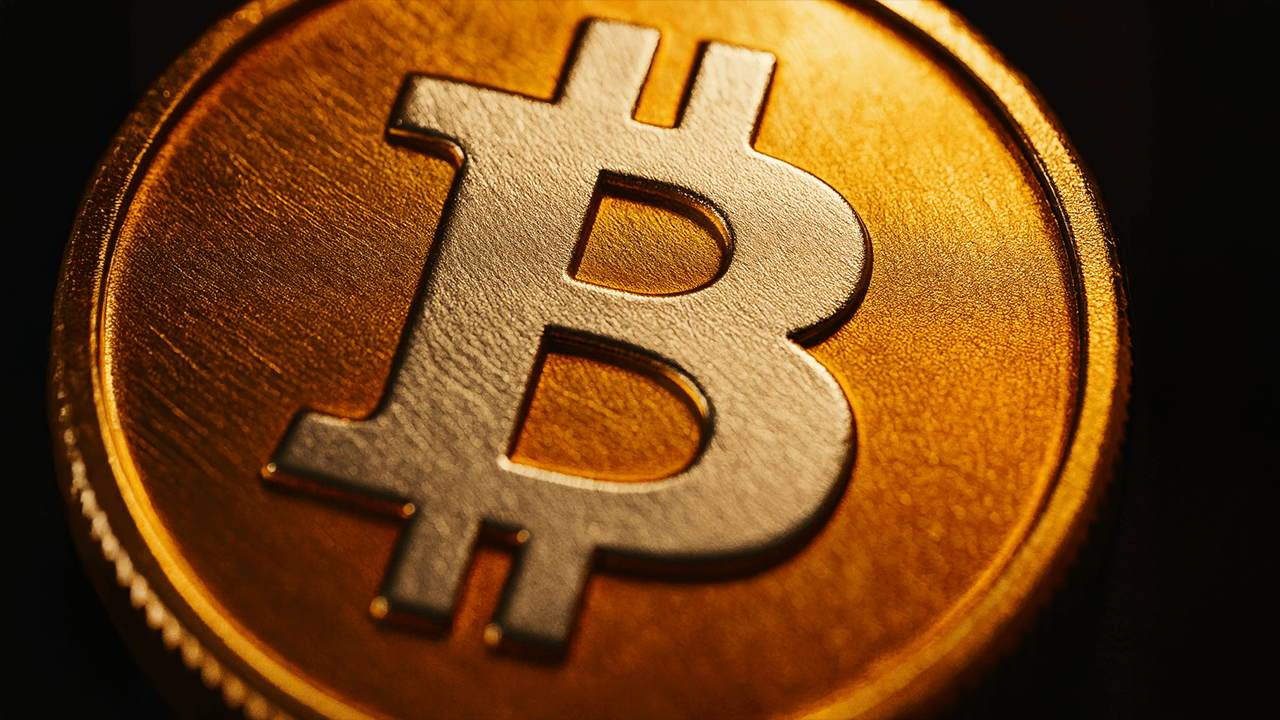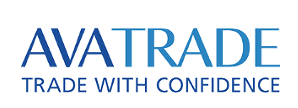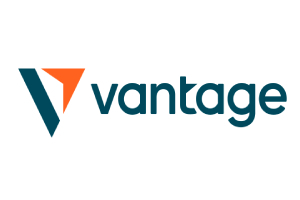Don’t invest unless you’re prepared to lose all the money you invest. This is a high-risk investment and you are unlikely to be protected if something goes wrong. Take 2 minutes to learn more
Bitcoin has firmly established itself as a tactical asset for reserve managers and even national governments. Yet despite its growing profile, it remains far from replacing the U.S. dollar or gold as the cornerstone of global reserves. While countries such as the Philippines explore adding Bitcoin to their holdings and El Salvador’s President Bukele enjoys large unrealized gains, the asset still carries deep structural weaknesses that prevent it from evolving into a global reserve currency anytime soon.

Why Countries Hold Reserves—and Why the Dollar Dominates
Global foreign exchange reserves now total more than $12 trillion, up sharply from $2 trillion at the turn of the century. The U.S. dollar accounts for nearly 58% of these reserves, followed by the euro at around 20%. Gold has also reemerged as a preferred holding, with central banks—particularly in emerging markets—buying at the fastest pace in decades.
Nations accumulate reserves for many reasons. While some aim to manage exchange rates, the more fundamental motive is precautionary. Reserves act as a safeguard during sudden capital outflows and sharp currency depreciations. History offers countless lessons, from Mexico’s Tequila Crisis and the U.K.’s Black Wednesday to Russia’s default in the 1990s and recent turbulence in China, Turkey, and Argentina.
When panic-driven outflows hit, reserves give policymakers the firepower to stabilize their currencies. Selling reserves generates foreign currency to defend the exchange rate, cushioning domestic economies from deeper shocks.
Reserves also arise naturally from economic models. China’s persistent trade surpluses, for instance, have led to a vast accumulation of foreign exchange reserves, channeling excess domestic savings abroad.
At their core, however, official reserves are designed to preserve external stability. This means reserve assets must be liquid, safe, broadly trusted, and low in volatility. Not every asset qualifies—hence why Bitcoin struggles to fit.

Why Bitcoin Won’t Become the Global Reserve Currency
Given these requirements, Bitcoin is unlikely to become the world’s reserve currency in the near future. It lacks backing from a large, stable economy, remains seldom used in trade invoicing, and falls far short of the liquidity that sovereign bond markets offer. Trust is still uneven, and the powerful network effects of the existing system make dislodging the dollar improbable.
For comparison, the U.S. Treasury market—arguably the backbone of global reserves—has a daily trading volume about 70 times larger than Bitcoin’s and a market cap roughly 25 times greater. Bitcoin’s volatility is also extreme, typically ranging between 50% and 100% annually, compared to 5–8% for the U.S. 10-year Treasury note.
Market structure adds another layer of weakness. Bitcoin suffers from fragmented venues, shallow liquidity, wider bid-ask spreads, and limited institutional participation. For reserve managers who need scale and reliability, these shortcomings matter.
Japan’s interventions highlight the gap. In 2022, its Ministry of Finance spent about $60 billion defending the yen, and in 2024, nearly $100 billion. Had such sums been deployed in Bitcoin, the market would likely have buckled, destabilizing both reserve portfolios and private holdings. By contrast, the Treasury market absorbed these operations without lasting disruption.
 Why Bitcoin Still Has a Place
Why Bitcoin Still Has a Place
Still, dismissing Bitcoin altogether misses its potential. Blanket opposition—like that voiced by ECB President Christine Lagarde—risks deepening the divide between policymakers and the crypto sector while overlooking diversification benefits.
In today’s world of rising geopolitical fragmentation, sovereign risk has become more pronounced. Trade barriers are at multi-decade highs, sanctions are routine, and long-standing alliances look less certain. Against this backdrop, even sovereign debt may not be as risk-free as once assumed. Bitcoin, by contrast, carries no country-specific credit risk and no reliance on government policy.
Another case for inclusion lies in its similarity to gold, which already plays a prominent role in reserves. Like gold, Bitcoin is scarce and yieldless in its base form. However, it is easier to store, divide, and transfer, while counterfeiting is virtually impossible. Younger generations increasingly view it as “digital gold,” and as regulation matures, that perception is gaining legitimacy.
Moreover, Bitcoin anchors the broader crypto ecosystem, which has grown far more resilient to shocks. Regulation is catching up, too, with frameworks such as Europe’s MiCA, the OECD’s CARF, and U.S. rules like FIT21 setting clearer standards. Meanwhile, institutional adoption—from BlackRock’s spot Bitcoin ETF to hedge funds trading crypto derivatives—reinforces Bitcoin’s credibility as a financial asset.
Looking Ahead: A Complement, Not a Replacement
History shows skepticism toward innovation is nothing new. Firms resisted cloud computing, traders hesitated to abandon open-outcry pits, and central banks were initially reluctant to move away from gold after World War II. Eventually, however, U.S. Treasuries became the backbone of global reserves.
Bitcoin will not dethrone the dollar or gold anytime soon. However, it can play a complementary role, offering diversification, resilience, and a nod to financial modernization. For governments, acknowledging Bitcoin’s role in global markets may prove far wiser than denying it.
Make money without lifting your fingers: Start using a world-class auto trading solution
- Broker
- Min Deposit
- Score
- Visit Broker
- Award-winning Cryptocurrency trading platform
- $100 minimum deposit,
- FCA & Cysec regulated
- 20% welcome bonus of upto $10,000
- Minimum deposit $100
- Verify your account before the bonus is credited
- Fund Moneta Markets account with a minimum of $250
- Opt in using the form to claim your 50% deposit bonus
Learn to Trade
Never Miss A Trade Again

Signal Notification
Real-time signal notifications whenever a signal is opened, closes or Updated

Get Alerts
Immediate alerts to your email and mobile phone.

Entry Price Levels
Entry price level for every signal Just choose one of our Top Brokers in the list above to get all this free.
 Why Bitcoin Still Has a Place
Why Bitcoin Still Has a Place


